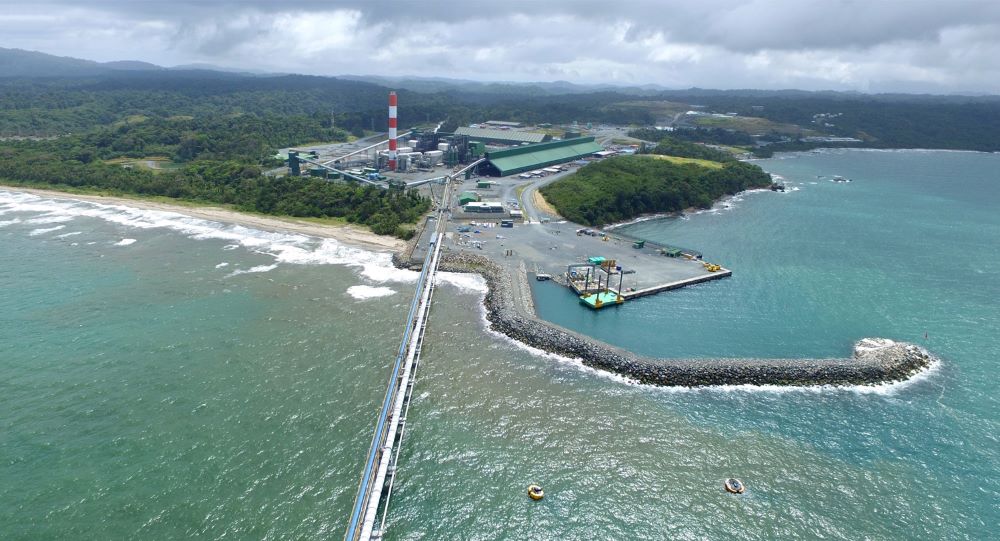Minera Panama adopts Fatigue Science’s Readi system


Minera Panama, a subsidiary of First Quantum Minerals (TSX: FM), has adopted the Readi predictive fatigue management technology of Fatigue Science. The system is used site-wide at the Cobre Panama copper mine in Central America.
"We are excited to implement Readi to protect all of our operators at Cobre Panama from the risks of fatigue," says Edwin Salazar, mine production manager. "After successfully evaluating the platform on site, we are confident that adopting Readi in mine operations and tailings management facilities will enhance the safety and productivity of our workforce at Cobre Panama."
Readi serves as a daily operational tool for supervisor decision-making, informing critical decisions regarding break assignment and, in exceptional cases of fatigue, task reassignment to a less fatigued operator. It also serves as a system of record for operational fatigue data, bringing quantifiable insight into fatigue levels at the mine over time. Around 4,000 individuals work in safety-sensitive mining operations at Cobre Panama.
Readi relies on the scientifically-validated SAFTE biomathematical model and machine learning algorithms to generate personalized fatigue predictions. It then provides shift supervisors with tailored fatigue predictions for each operator on their crew, pushed to their mobile device at the beginning of every shift.
Readi is the world’s leading fatigue management information system, and in recent years has become known as the standard for "predictive" fatigue management. The U.S. National Safety Council recently awarded Readi the 2022 Safety Innovation Award for its contributions to the development of new best practices that effectively reduce safety incidents and increase mine productivity.
Although Readi doesn't require the use of wearables, the devices will allow operators to receive on-wrist fatigue alerts, alongside the alerts given to supervisors. Wearables also improve the accuracy of fatigue predictions by supplying sleep data for the system to securely and confidentially analyze. Sleep data are not shared by default.
For more information about Redi, visit www.FatigueScience.com.
Comments